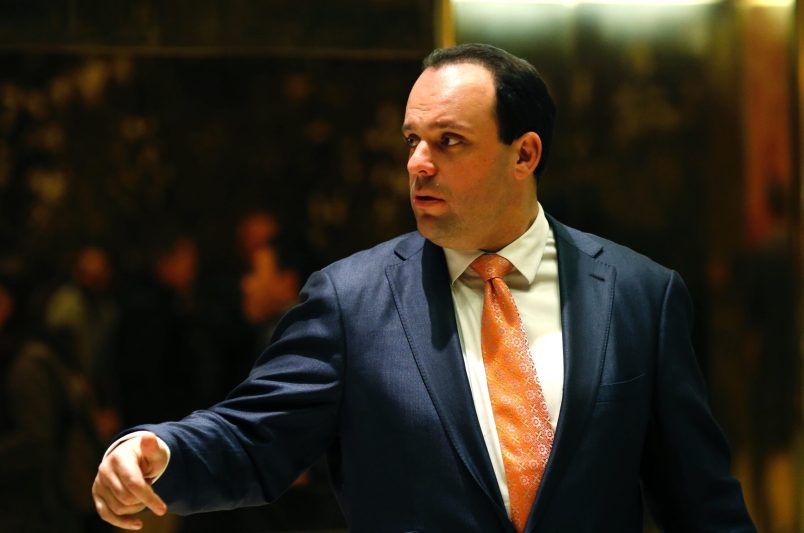As long as we’re going to be discussing the parameters of executive privilege in the weeks and months ahead, can we start by revisiting the now commonly accepted notion that the President can only get free and unfettered advice if those giving the advice know it will remain confidential?
Every talking head starts the discussion of executive privilege with a solemn nod to this totem. Heck, even Kevin Drum conceded this point in a post back in March:
The president and his immediate staff really do have a strong interest in their ability to receive candid, provocative advice, and that interest is threatened if advisors are worried that the ideas they toss around in private are likely to become public. This is an important principle regardless of who occupies the White House.
Is that really true though? Literally, Kevin is right. Presidents do have a strong interest in this principle. But the President’s interest, in this instance, is not in line with the public interest. In fact, executive privilege offers the President and his advisers a perverse disincentive to look after the public interest. Isn’t the prospect of public exposure of hare-brained ideas, controversial proposals, and malfeasance and misdeeds the very sort of incentive the public wants looming over the President and his advisers, a dagger of accountability?
A friend of mine thinks we would be much better off subjecting the Oval Office to 24-hour TV coverage, like a CSPAN for the White House. I wouldn’t go that far, but the point remains the same. The concoction of cover-ups, frauds, and misadventures in the White House over the last 35 years is precisely what should be exposed to public scrutiny. The logic, such as it is, for executive privilege would apply equally to governors, mayors, and officials at all levels of government. Yet we don’t usually grant such broad privileges to other government officials.
Generally, the purpose of a privilege such as attorney-client privilege or doctor-patient privilege is to preserve a relationship that society puts more value on than enforcing the law. There is value in a client being able to fully and completely disclose their legal problems to her attorney without fear of prosecution. There is value in a patient being able to be honest and forthright with her physician without legal repercussion.
Still, there are limits to the privilege. The attorney-client privilege cannot be used to perpetuate a fraud. The doctor-patient privilege does not apply when the doctor has a reasonable apprehension that the patient may cause himself or another serious physical harm. As a society, we have placed a high value on certain relationships, placing them to a limited degree outside of the law, but only up to a certain point, at which time other values become paramount.
So back to the President and executive privilege. If a privilege is intended to resolve a conflict between competing interests in favor of the more important interest, then what interest is executive privilege protecting? There is, it seems to me, only one interest at stake: the public interest. The President is supposed to be acting in the public interest, and so are his advisers. The public disclosure of internal White House deliberations allows the public to hold the President and his advisers accountable to the public interest. If there is a legitimate competing interest here, I don’t see it.
Some will argue that without executive privilege the President could be subject to harassment from Congress, that he would never get anything done because of constant subpoenas and hearings, that the effective carrying out of his duties could be undermined. But that’s a different argument from the need for the President to get free and unfettered advice, and in any event, a court could resolve issues of harassment without having to grant a broad executive privilege. The scope of and burden imposed by subpoenas is resolved in courts every day.
I fully recognize that there is a basis in law for executive privilege. But both the legal justification for executive privilege and the policy justification rely mostly on the mistaken assumption that the public interest is served by the President being able to avoid public scrutiny in the execution of his public duties.
It’s well past time to revisit that assumption.







